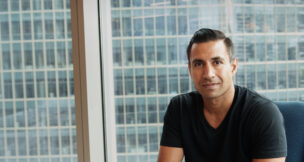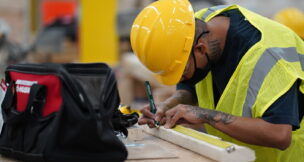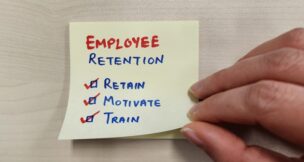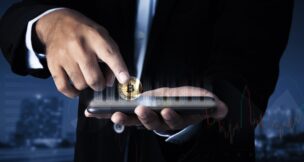Are you a confident leader ― or a certain one?
Believing your own version of events can lead to foolish decisions
Todd Ordal //September 1, 2016//


Are you a confident leader ― or a certain one?
Believing your own version of events can lead to foolish decisions
Todd Ordal //September 1, 2016//

A young friend recently told me about going to an art museum in college and seeing a “silly” exhibit of two dinner plates on a table, one with an apple on it. Unable to stifle his sense of humor, he returned the next day with two friends who provided cover while he placed into the exhibit a water glass he brought from home. Pretty funny, but the best part is that he returned several days later and found a docent describing to other visitors with certainty how the water glass was significant to the piece.
Revisionist history of our success or failure is perhaps a psychological necessity for healthy self-esteem. But believing your own version of events can also cause you to make foolish decisions as a business leader. Being born on third base and thinking you hit a triple doesn’t make you a great baseball player.
There’s a difference between being confident and being certain. Confident leaders know they’re fallible but realize they have to make decisions with imperfect knowledge. Leaders who are certain have that plus more, and the more isn’t good. They’ll ignore the information that the marketplace, their team or their advisers put in front of them because they’re certain there’s only one way: their way.
Like the line between ethical and unethical or right and wrong, the line between confident and certain is wavy. New ideas, for instance, will always meet resistance. If you work through the resistance, are you confident or certain?
I see lack of confidence account for more issues in leaders than absolute certainty, but both can cause problems. Leaders with a lack of confidence cannot make tough decisions and are afraid of failure. The certain leaders are also afraid of failure, but when they do fail they won’t own it. They’ll blame someone or something in the environment.
I don’t know if the optimal level of confidence is 6.7 or 9.2, but there’s a range that’s more effective than higher or lower. Confidence plus inquisitiveness, open-mindedness and humility is perhaps the best I can do as a description.
You have to be open to the fact that the water glass isn’t supposed to be there.


























